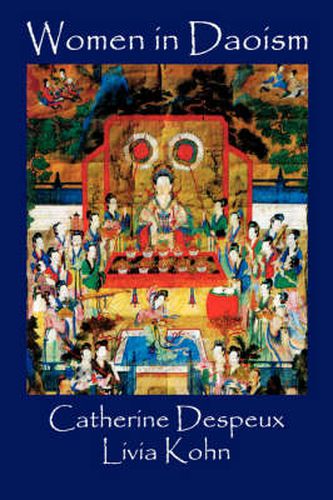Daoism is the indigenous higher religion of traditional China. Growing from a philosophical root and developing through practices of longevity and immorality, it has found expression in communal organizations, ritual structures, and age-old lineages. A multifaceted tradition, Daoism in the 2,500 years of its history has related to women in a number of different ways matching the complexity of other religions, where the relationship to the female is often ambiguous and ambivalent. They commonly see motherhood, sexuality, fertility, esoteric knowledge, and secret powers as closely linked with the feminine and evaluate these aspects positively. But many religions also relegate women to inferior status, considering them of a lower nature, impure and irresponsible, and often suppressing them with greater or lesser severity. The complexity of women’s positions is particularly poignant in the Daoist case, since the religion is caught between its ideal cosmological premise of the power of yin and the realities of a strongly patriarchal society following the Confucian model. That is to say, cosmologically Daoism sees women as expressions of the pure cosmic force of yin, necessary for the working of the universe, equal and for some schools even superior to yang. Daoism also links the Dao itself, the force of creation at the foundation of the cosmos, to the female and describes it as the mother of all beings. Within the religion there is a widespread attitude of veneration and respect for the feminine, honouring the cosmic connection as well as the productive and nurturing nature of women.
Read More





